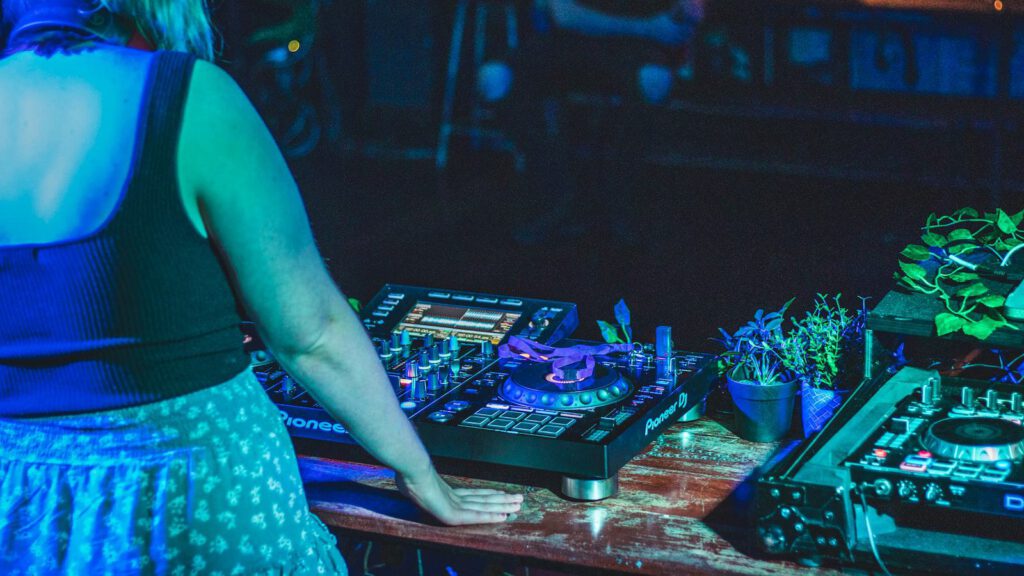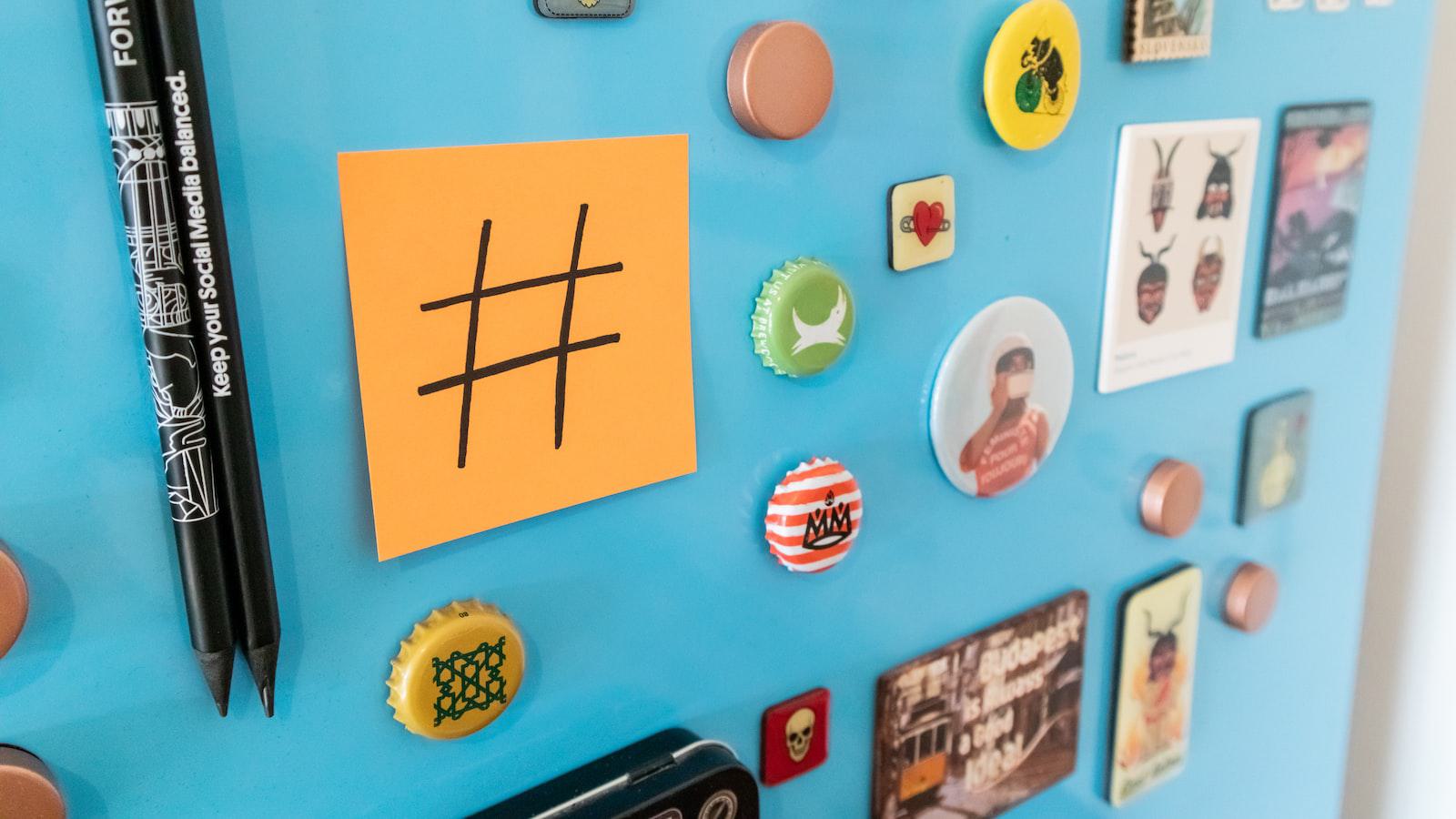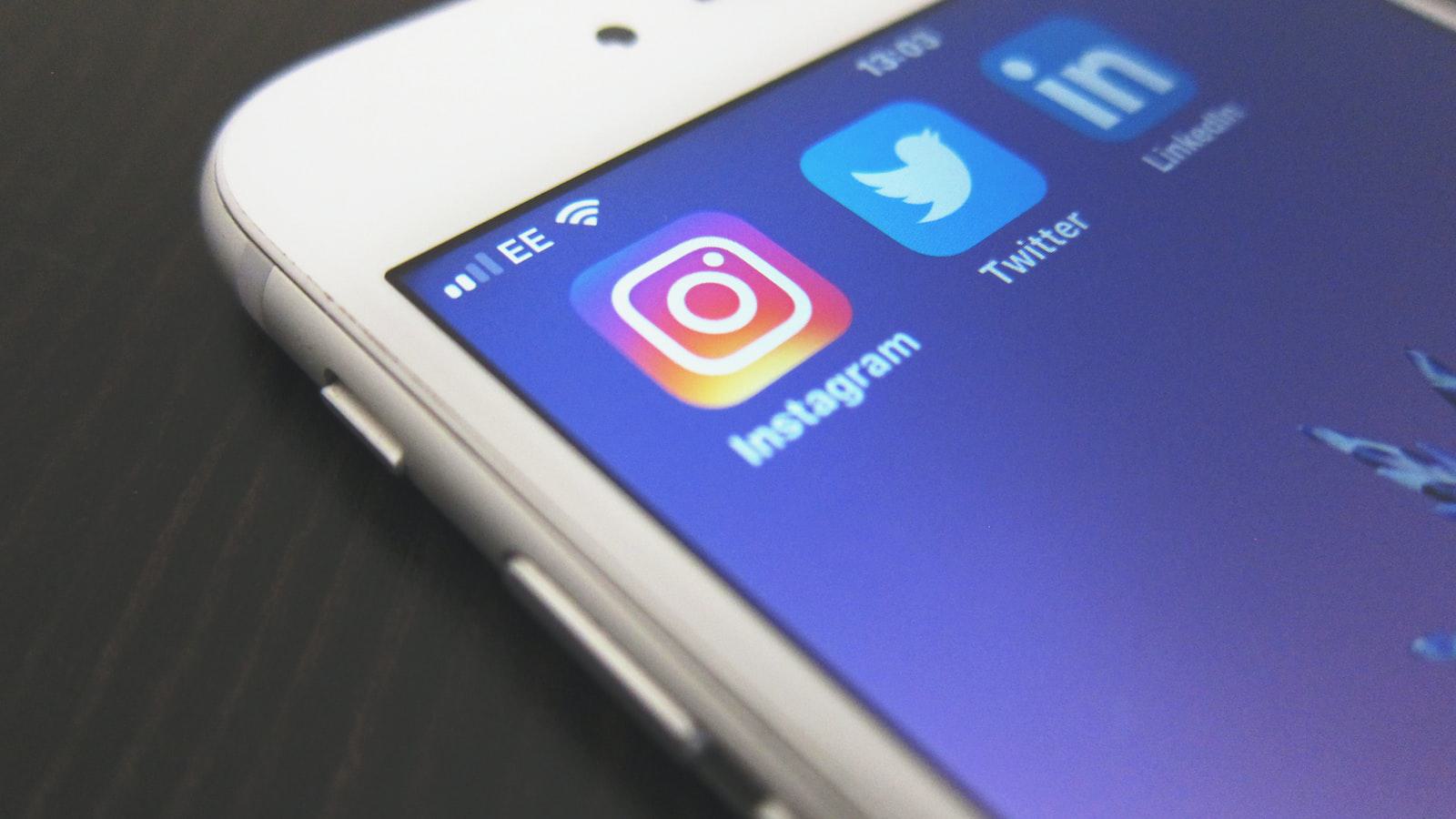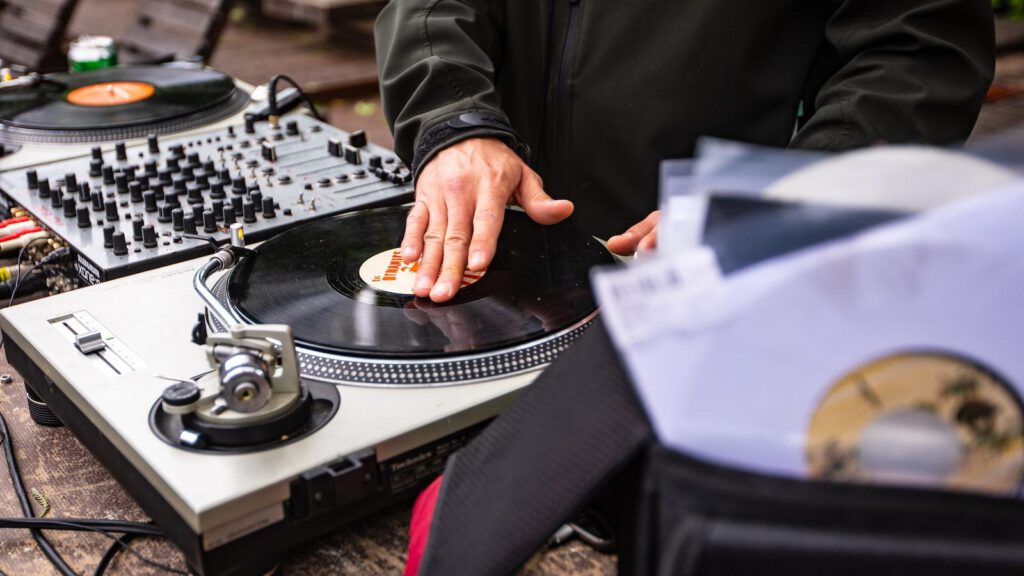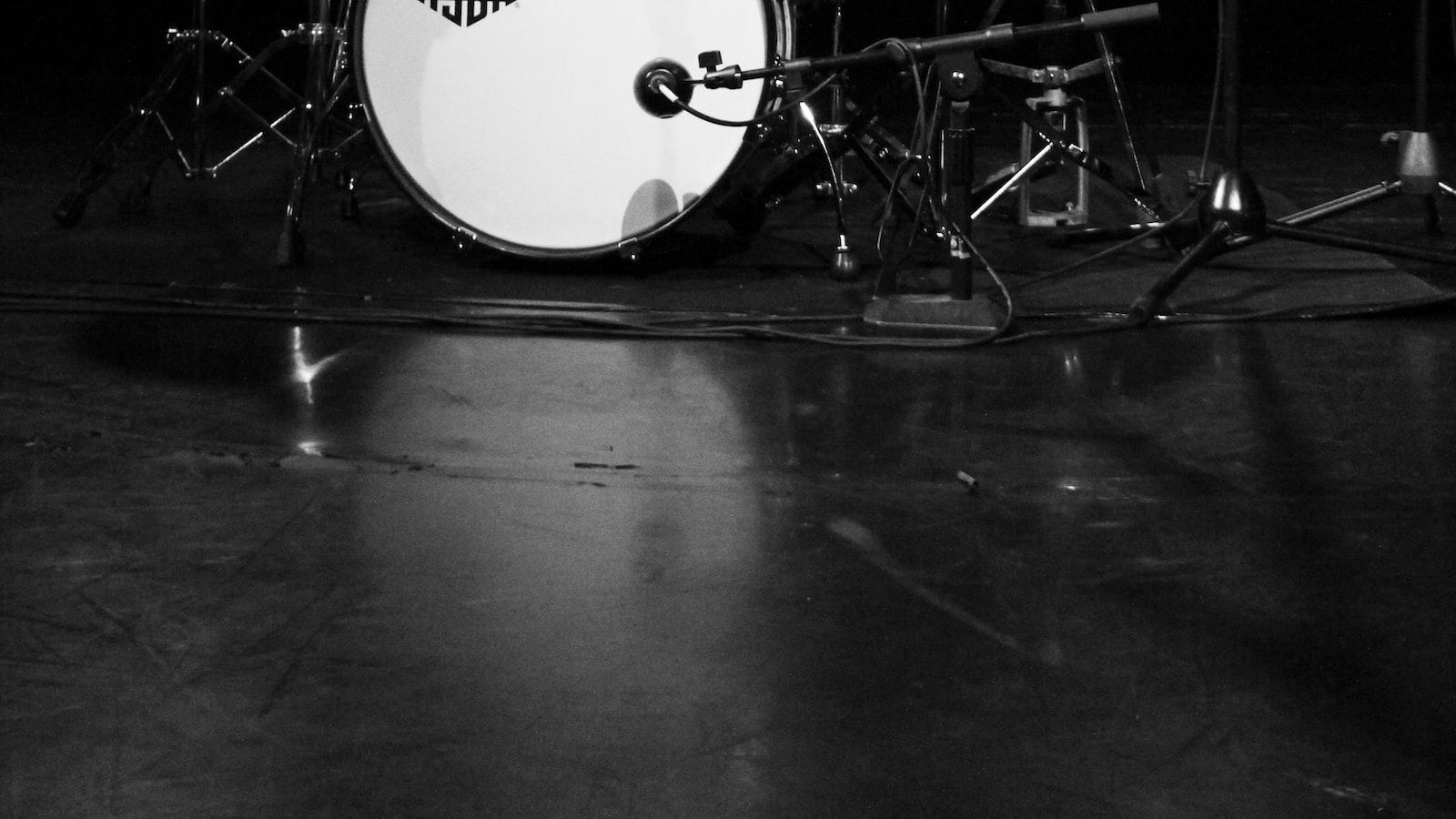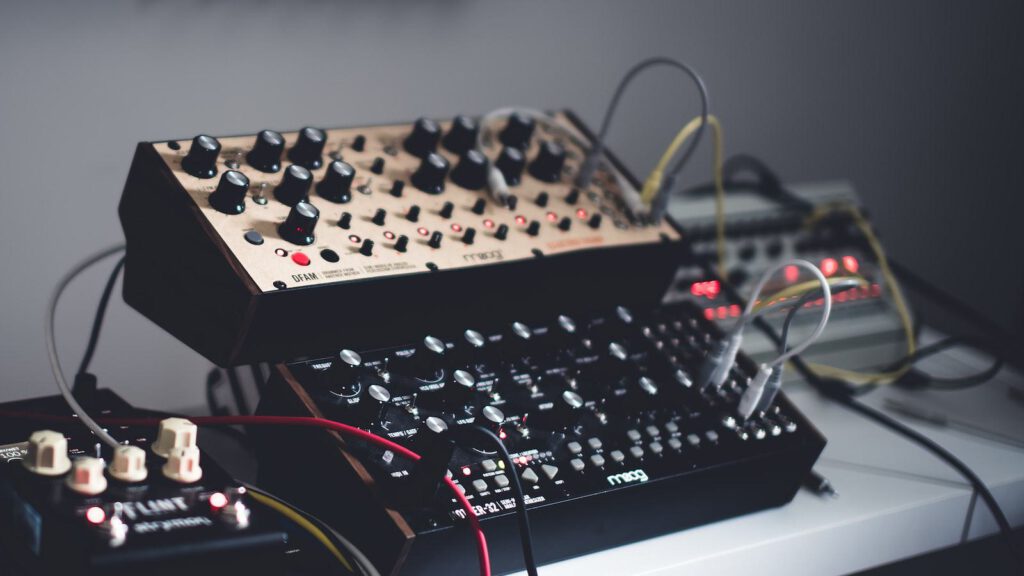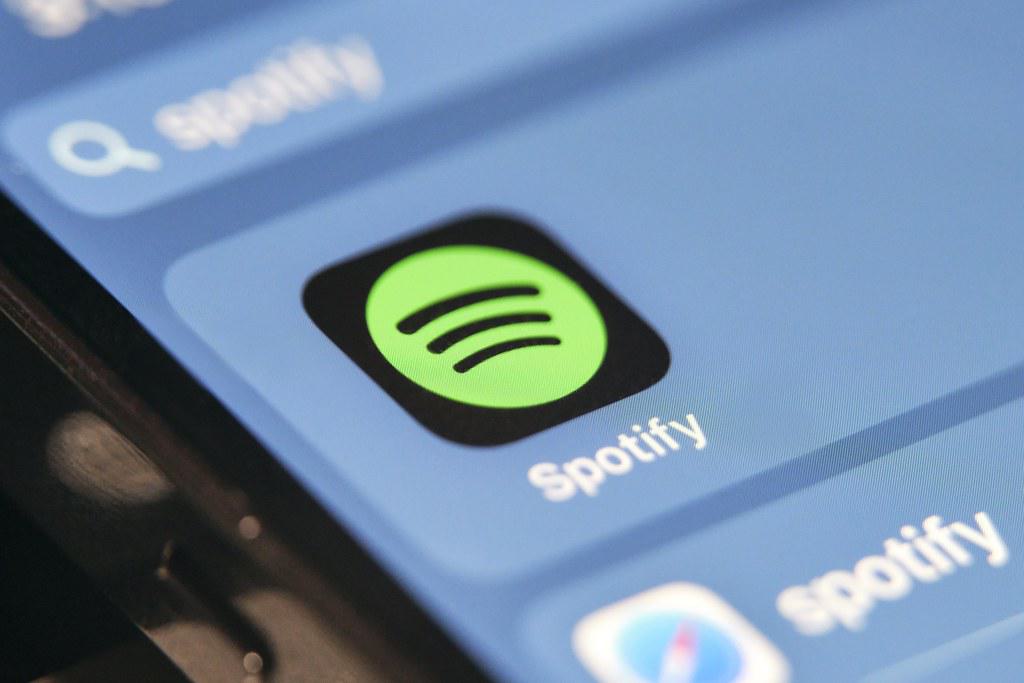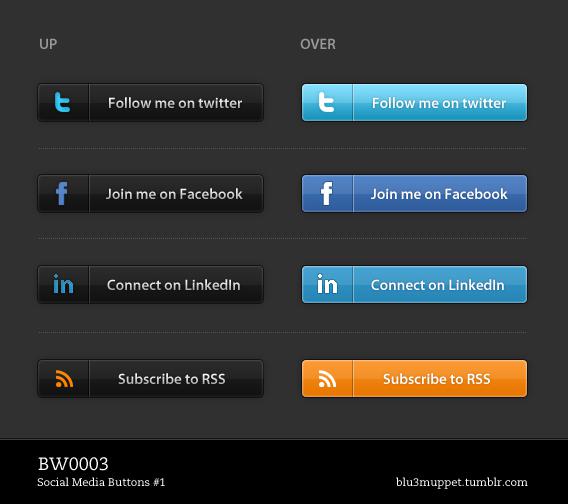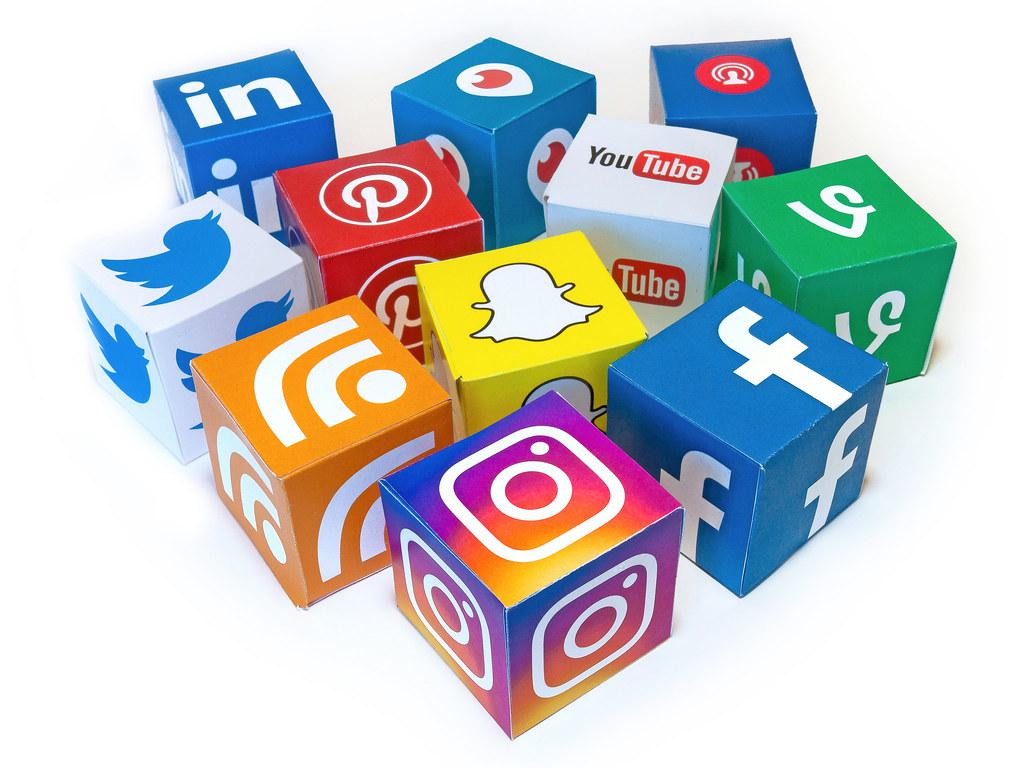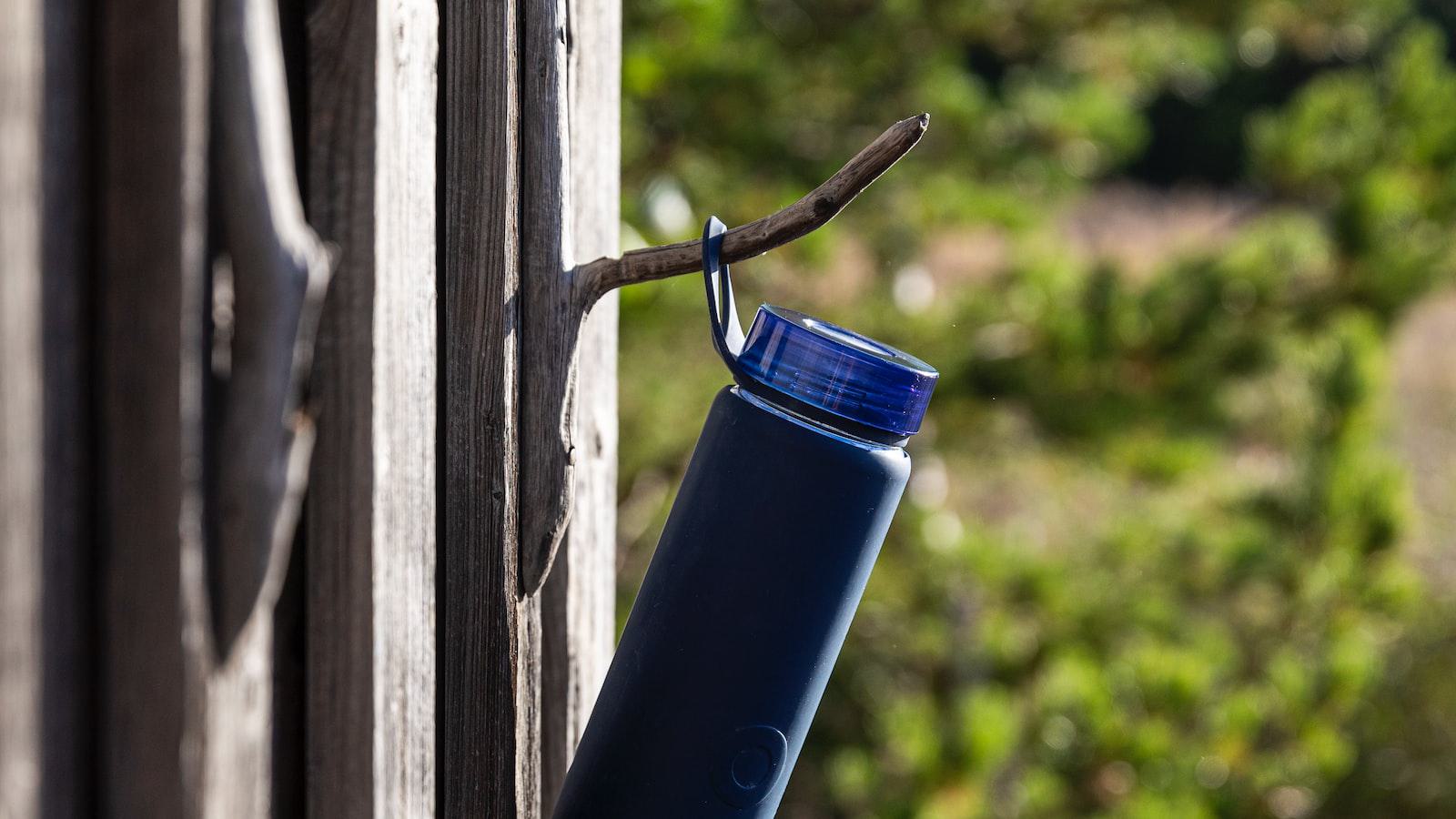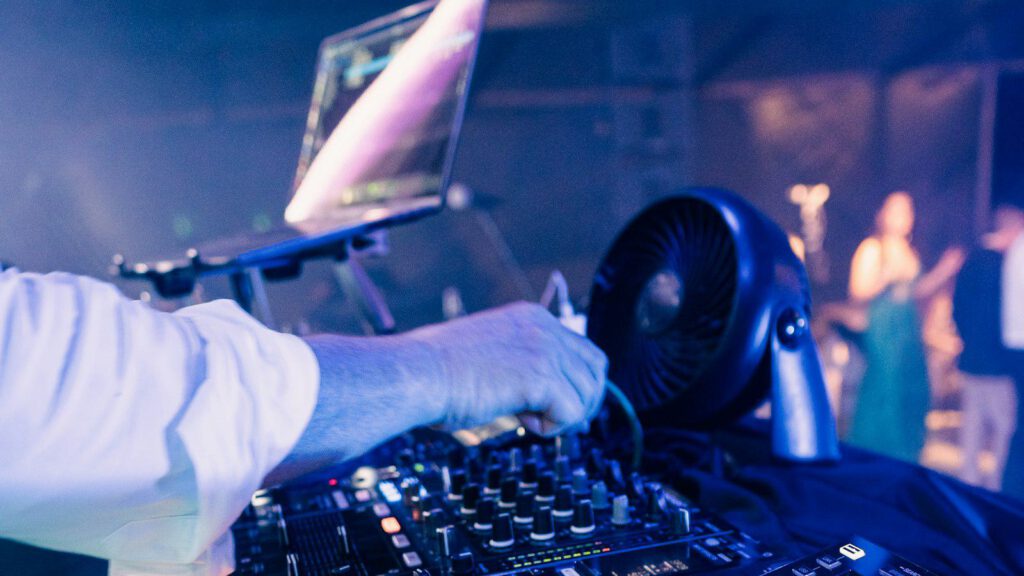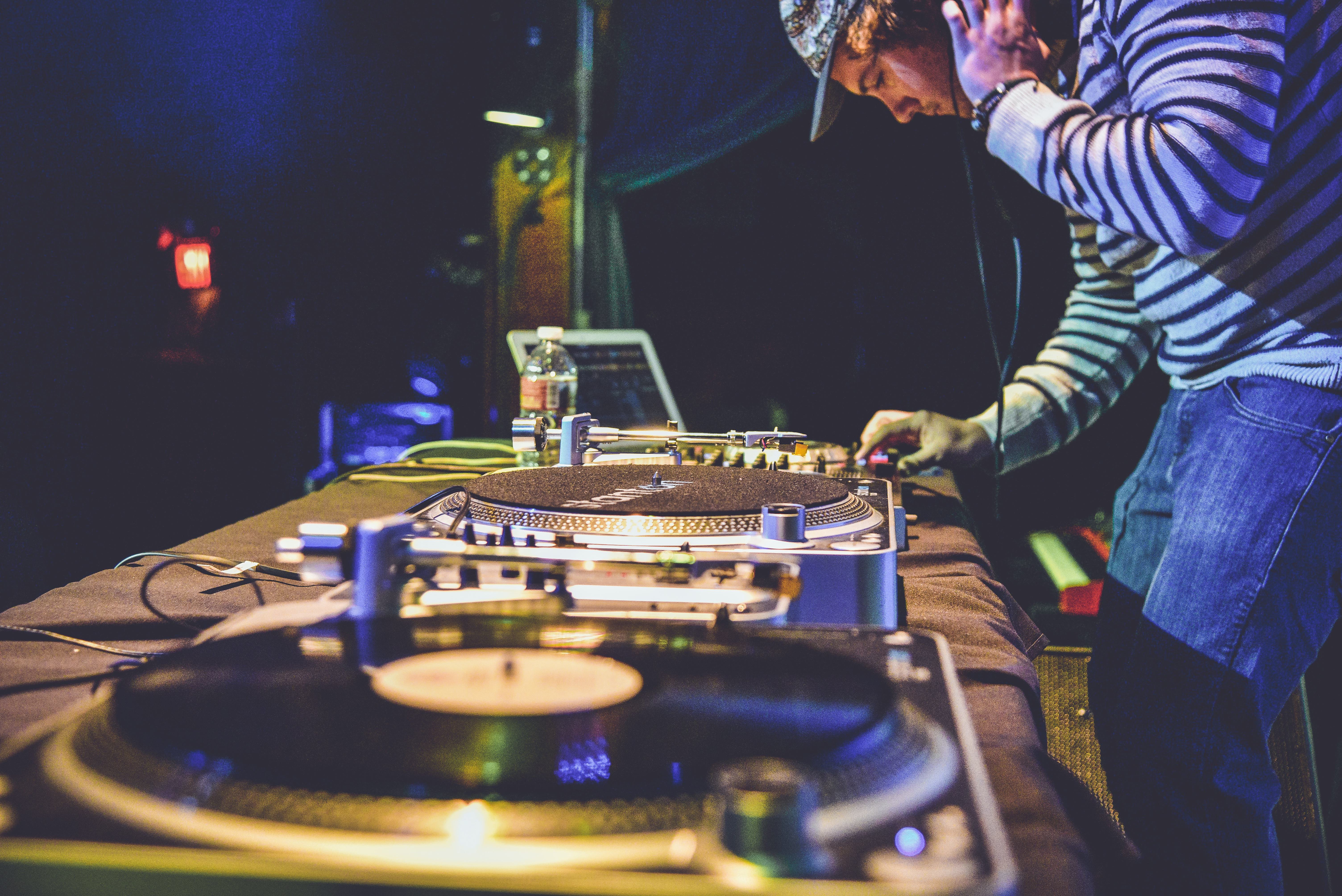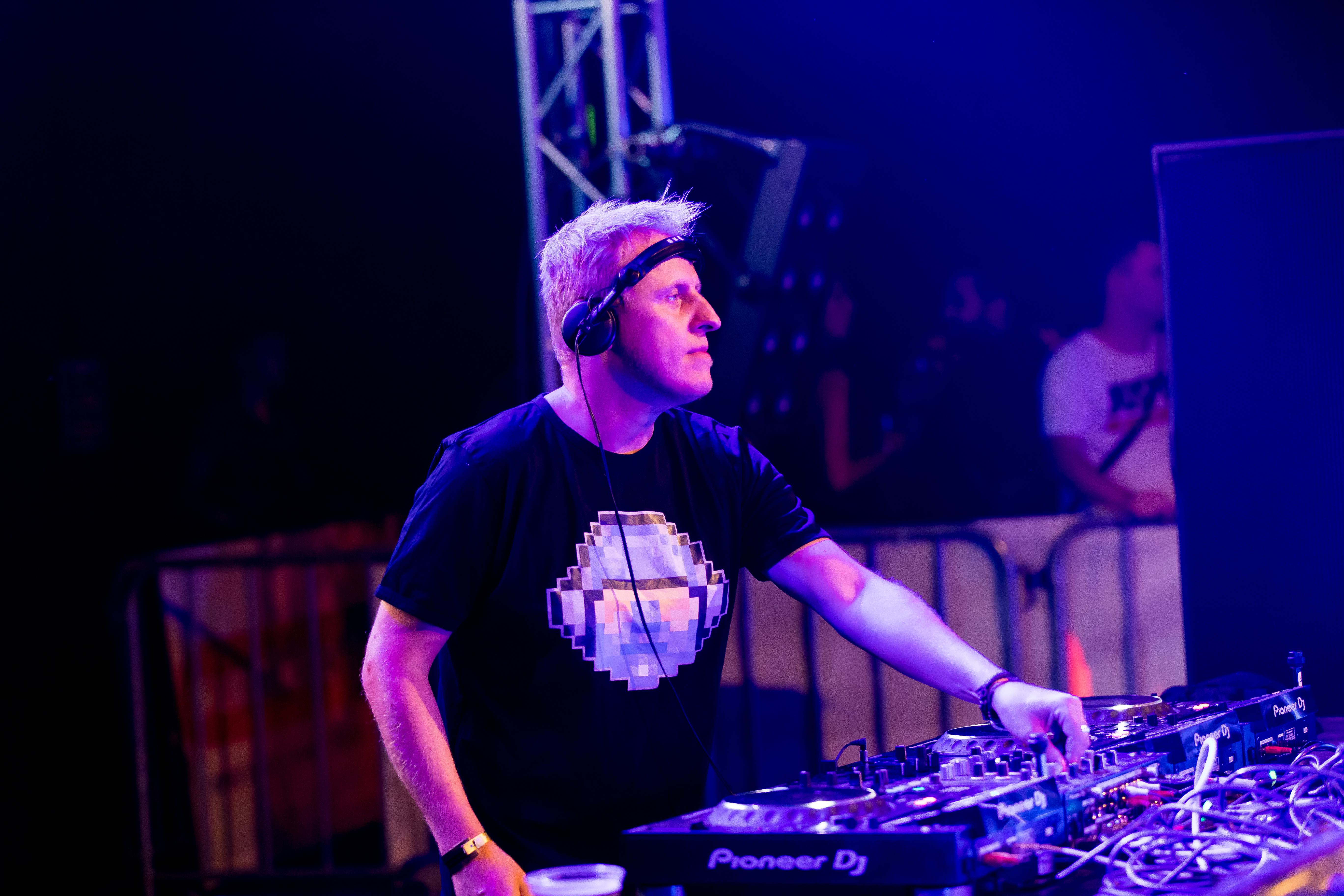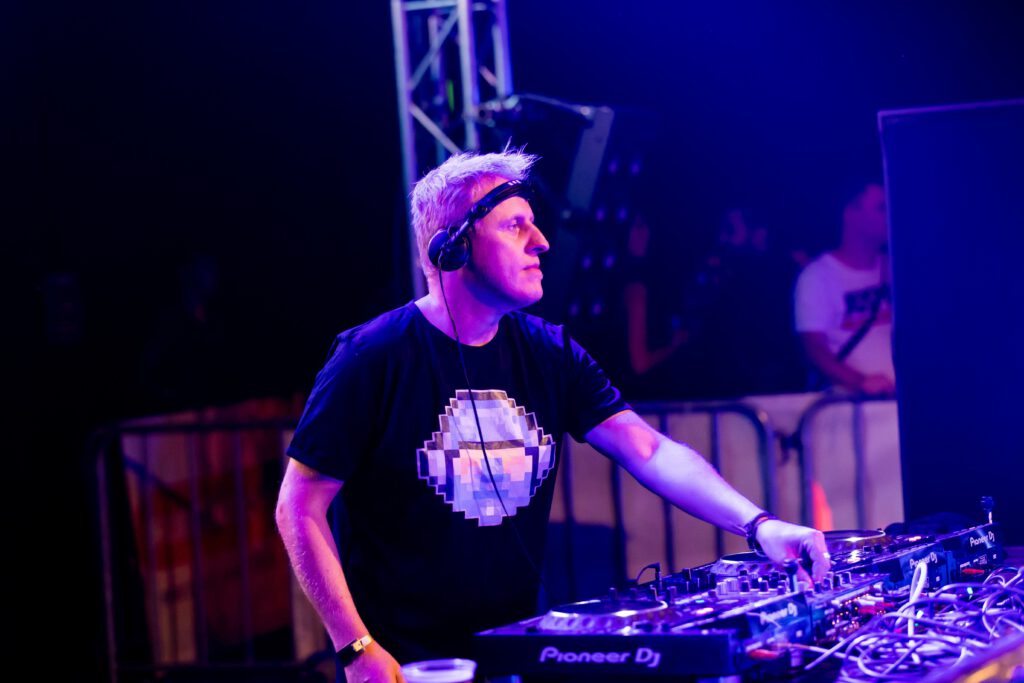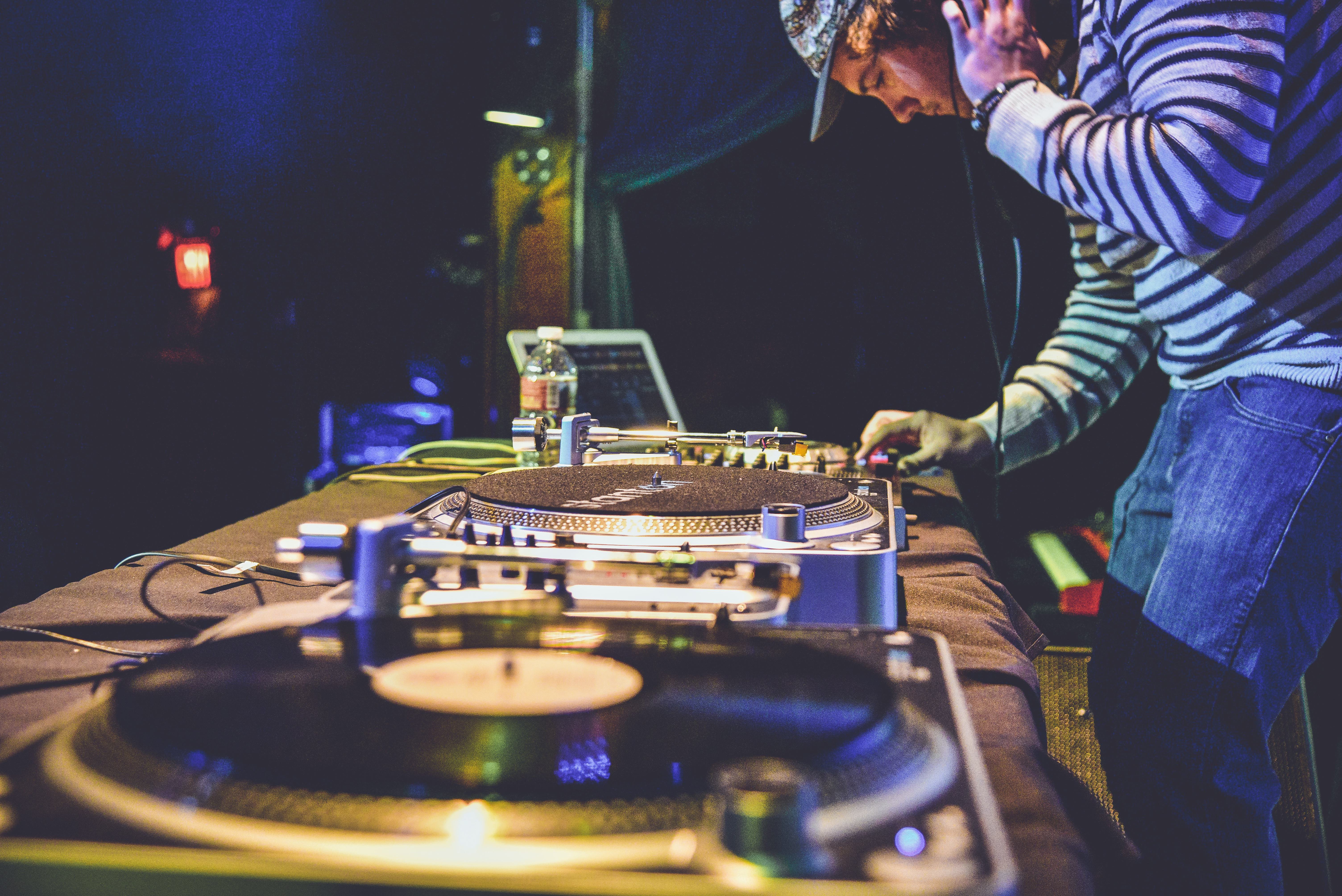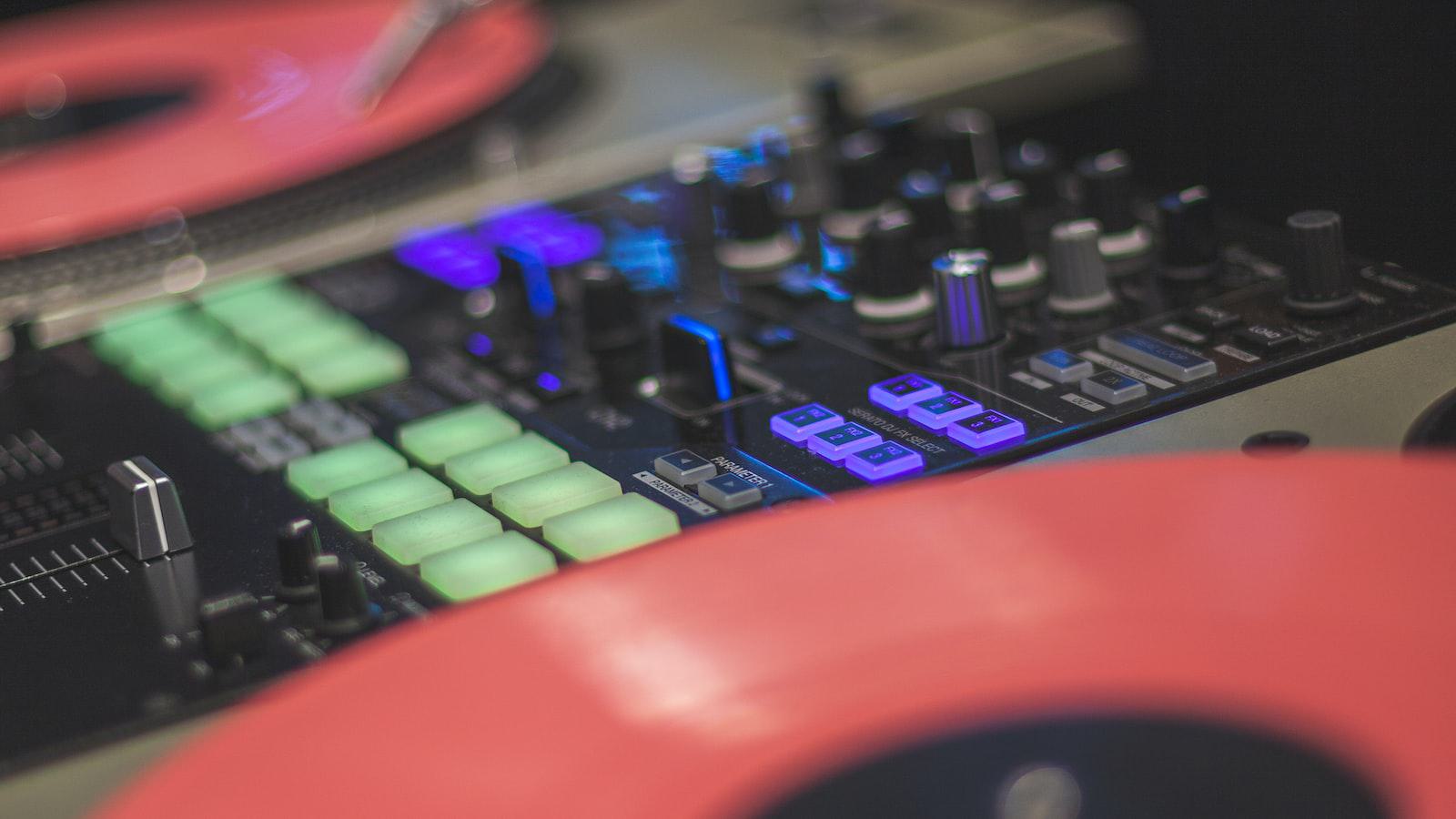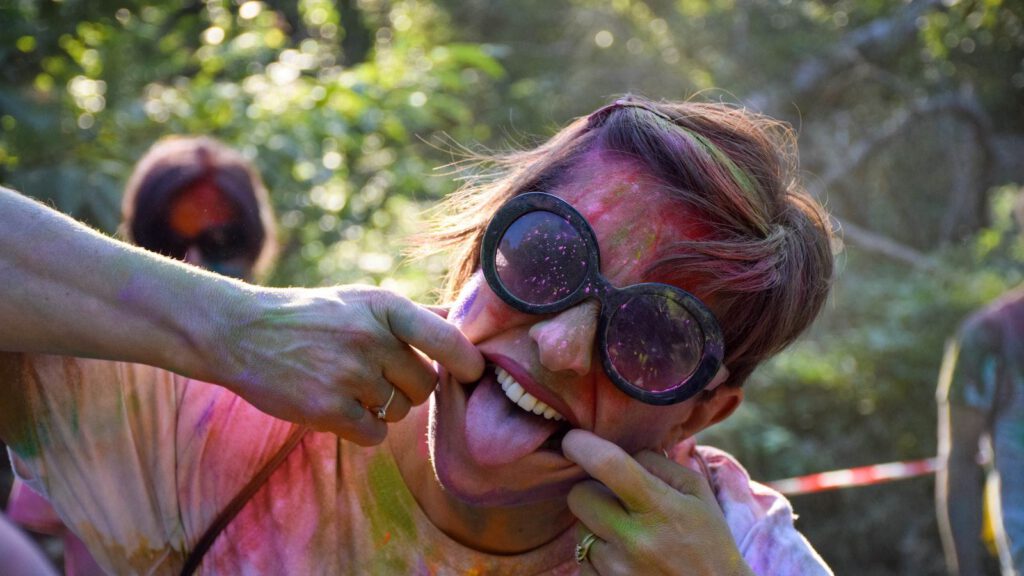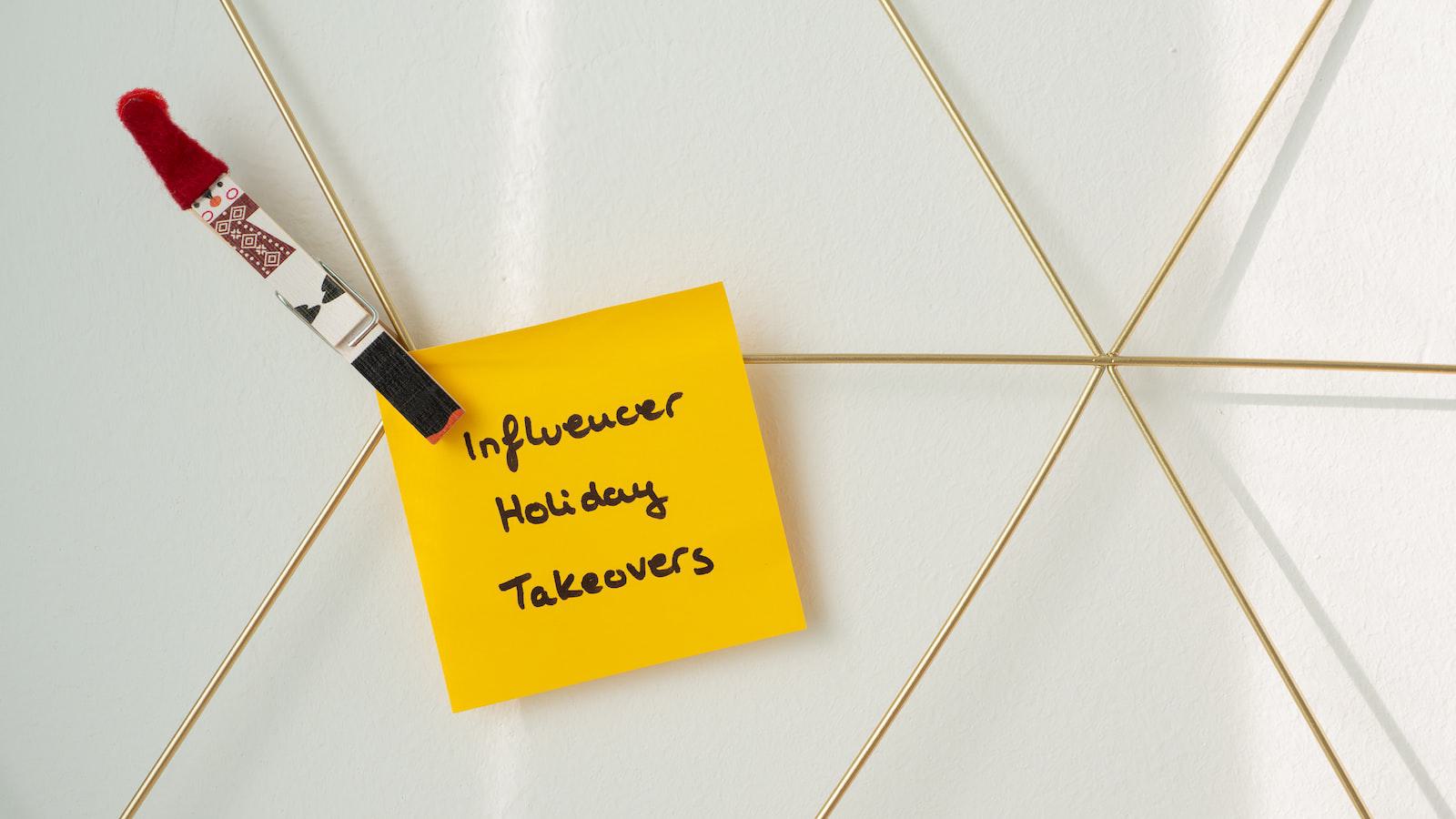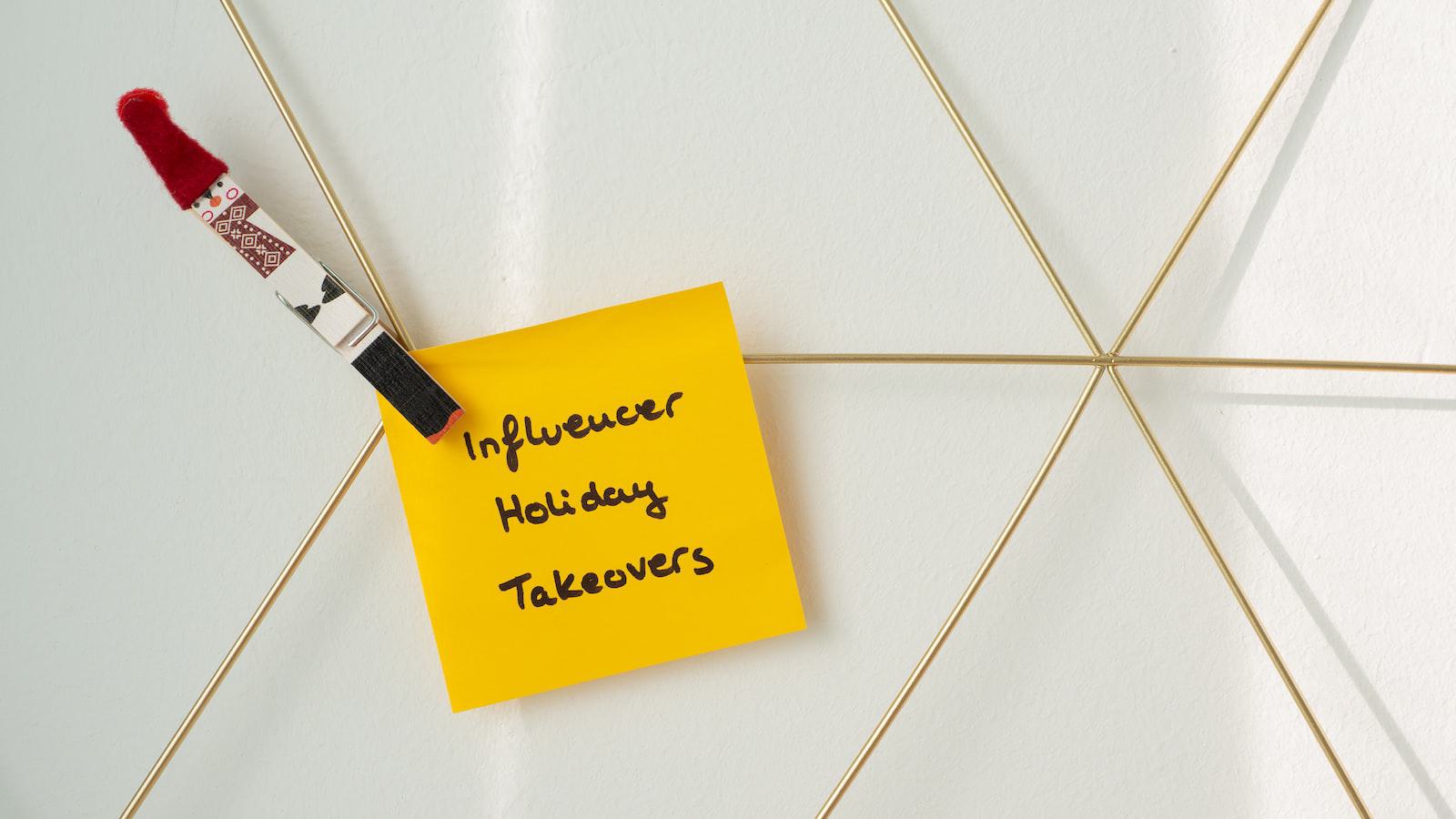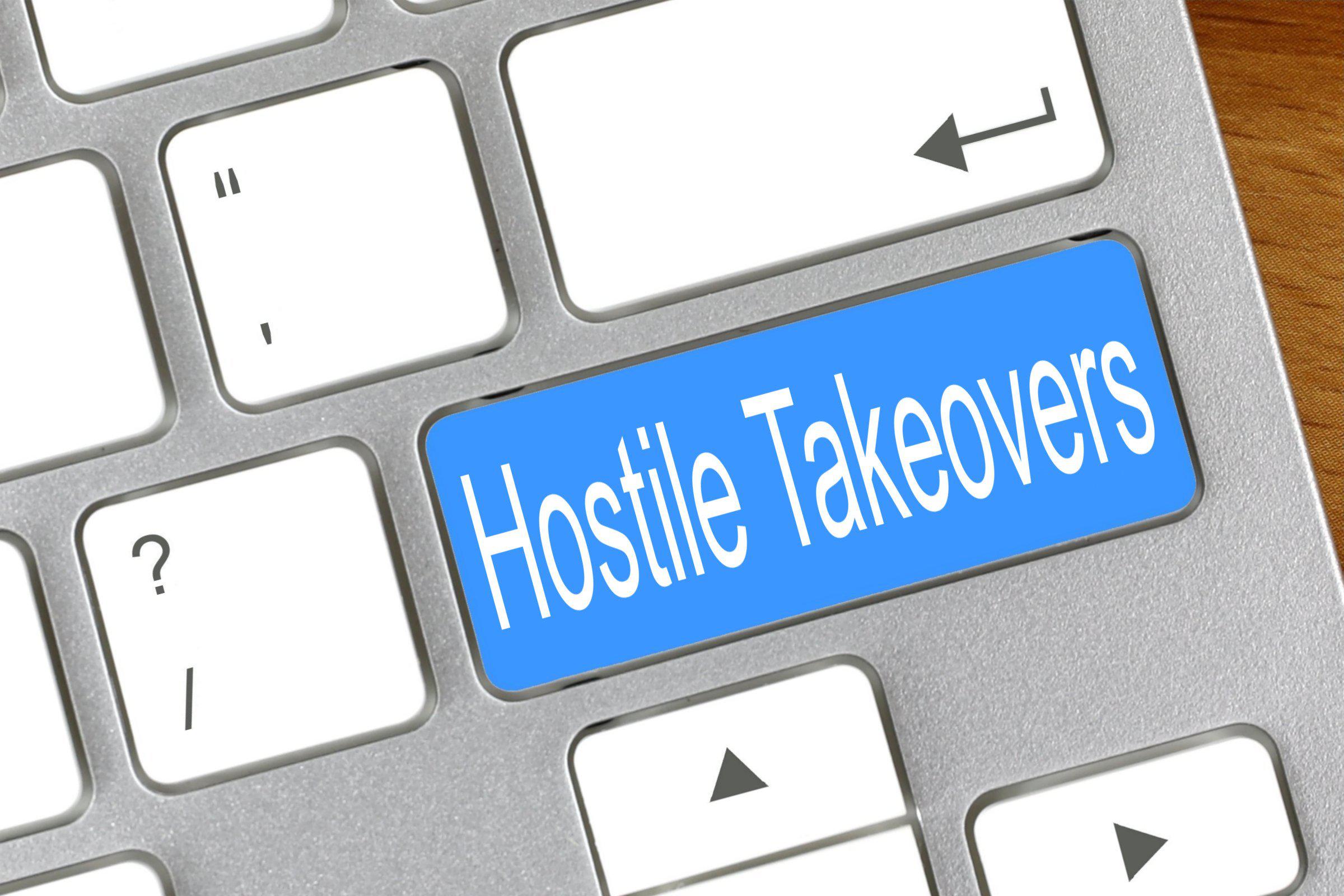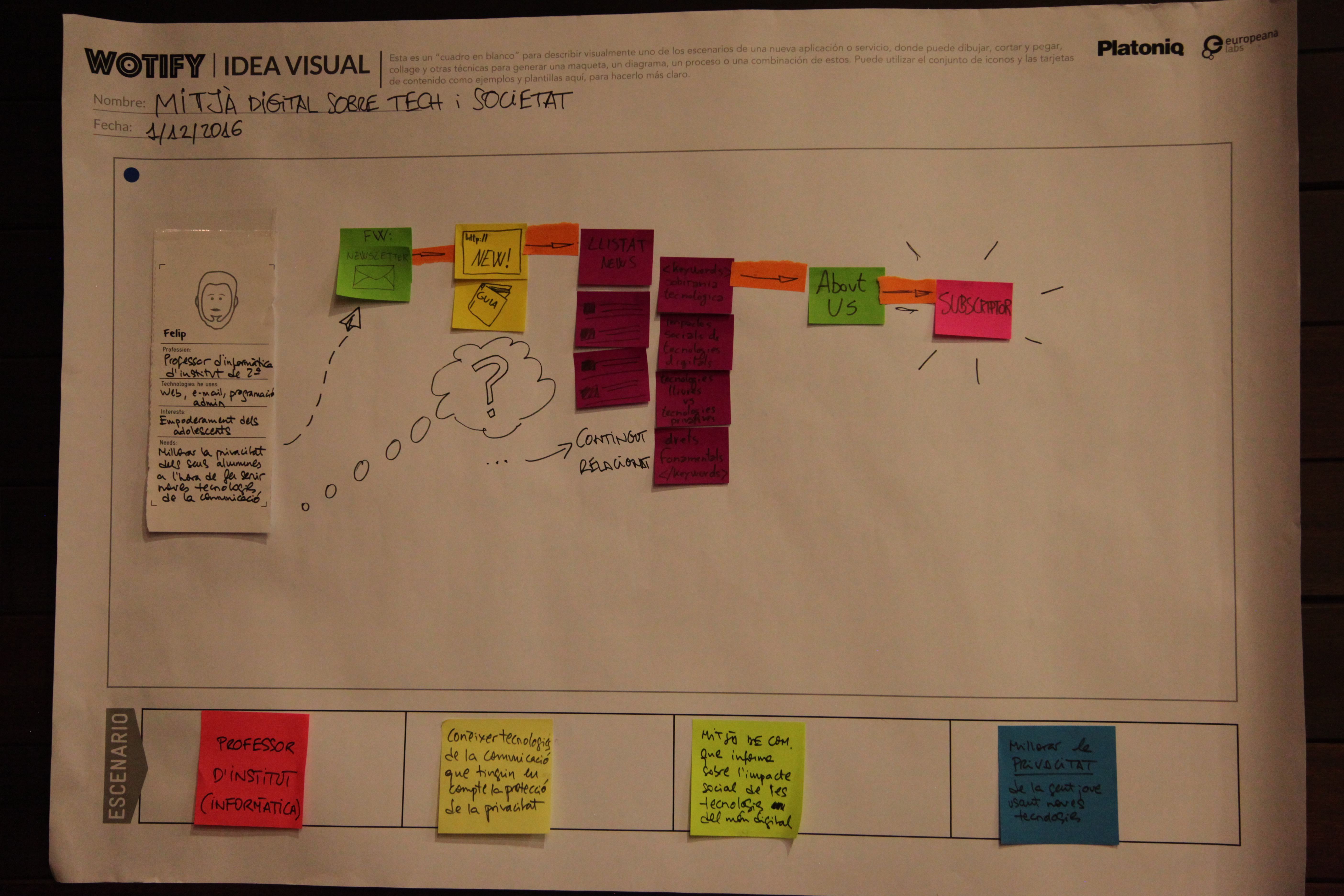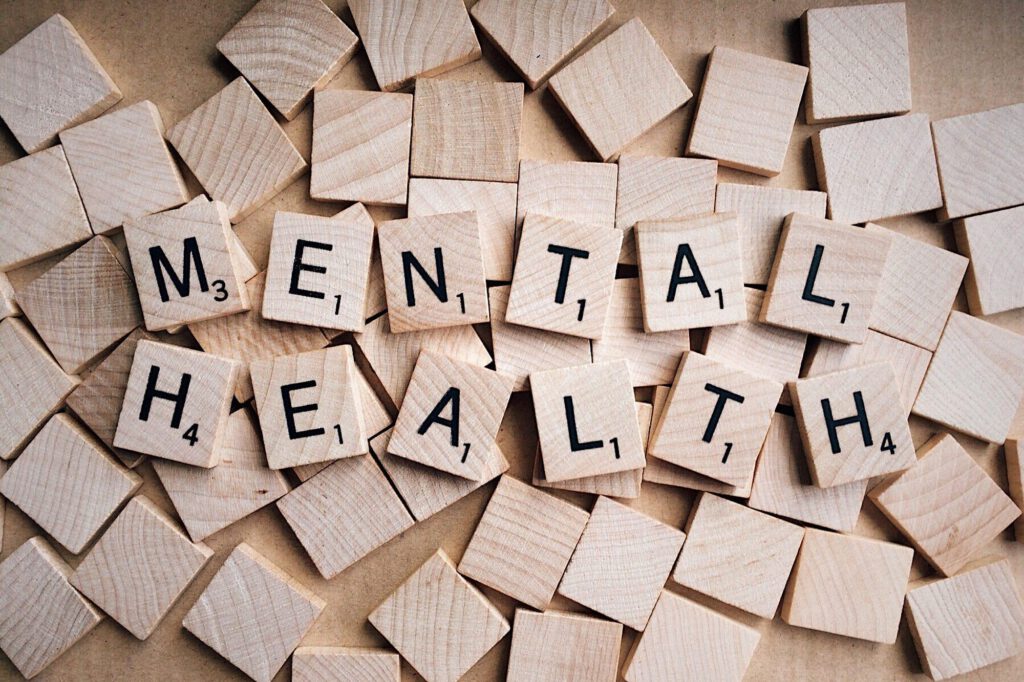
How to handle mental and physical health challenges during a tour?
Travelling, while exciting and often fulfilling, can also be an incredibly stressful experience. A tour, with its hectic schedule and unfamiliar surroundings, can be particularly overwhelming – physically and emotionally. Worse, prolonged travelling can have a significant impact on both physical and mental health. Fortunately, there are positive steps that can be taken to help manage the mental and physical health challenges associated with touring. In this article, we explore ways to ensure you stay healthy during your travels.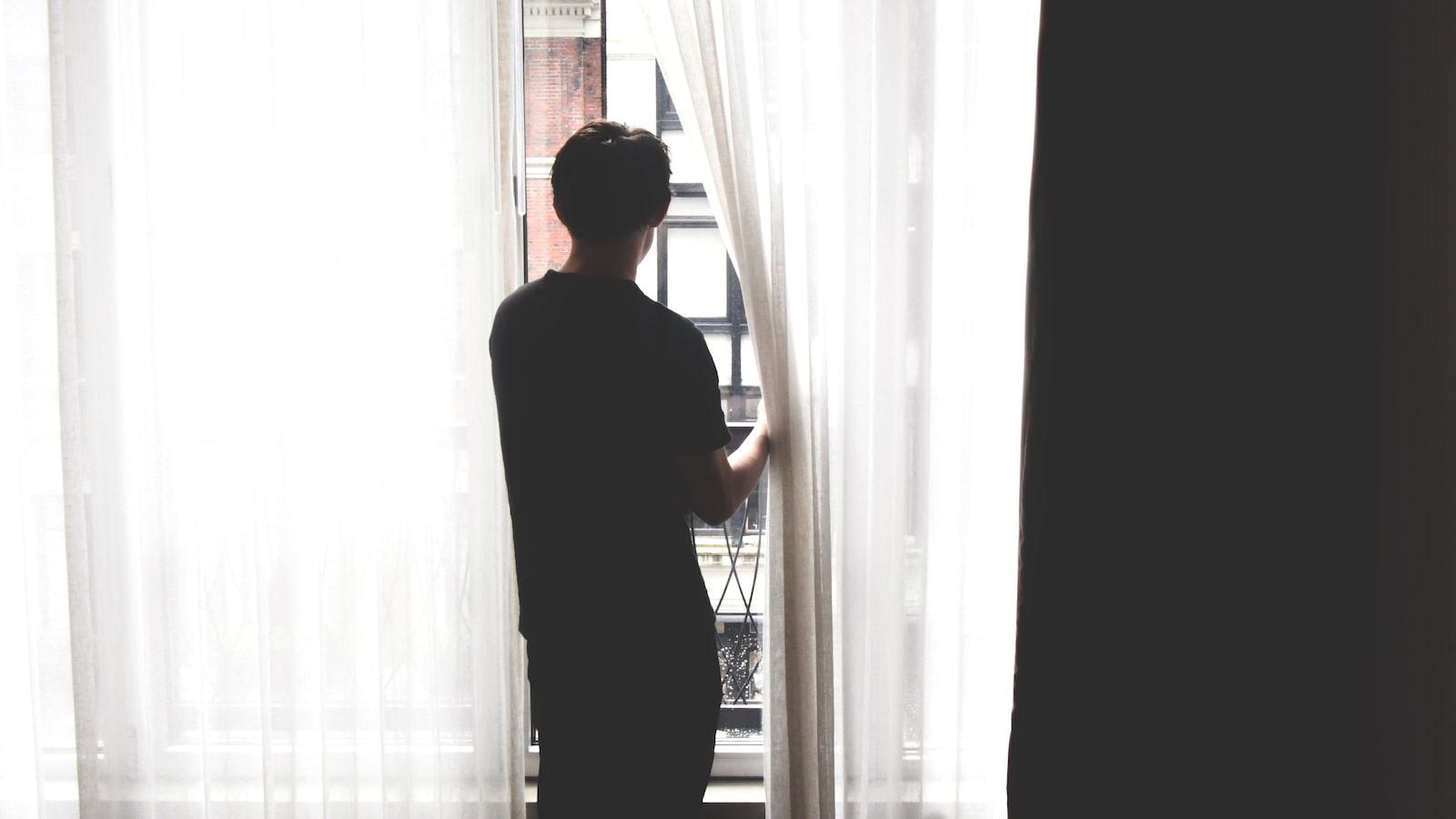
1. Recognizing and Handling Stressful Situations
Stressful situations are unavoidable in our life. Knowing how to recognize and handle them is one of the best and most effective ways to remain productive and keep mental health in check. Here are some tips to help:
- Identify the Stressor: One of the first steps of addressing stress is to figure out what is causing it. Try to objectively analyze the situation to identify stressors.
- Take a Break: Once the trigger is identified, pause, take a deep breath, and relax. Stepping away from a stressful situation can give you perspective and allow you to better assess the options available.
- Stay Positive: Keeping a positive attitude can help when things become overwhelming. Stay focused on achievable goals and look for innovative solutions to the problem.
It is also important to recognize the warning signs of too much stress. Symptoms can include headaches, loss of appetite, difficulty sleeping, and other physical effects. Talk to a trusted friend or family member, or seek professional help if necessary.
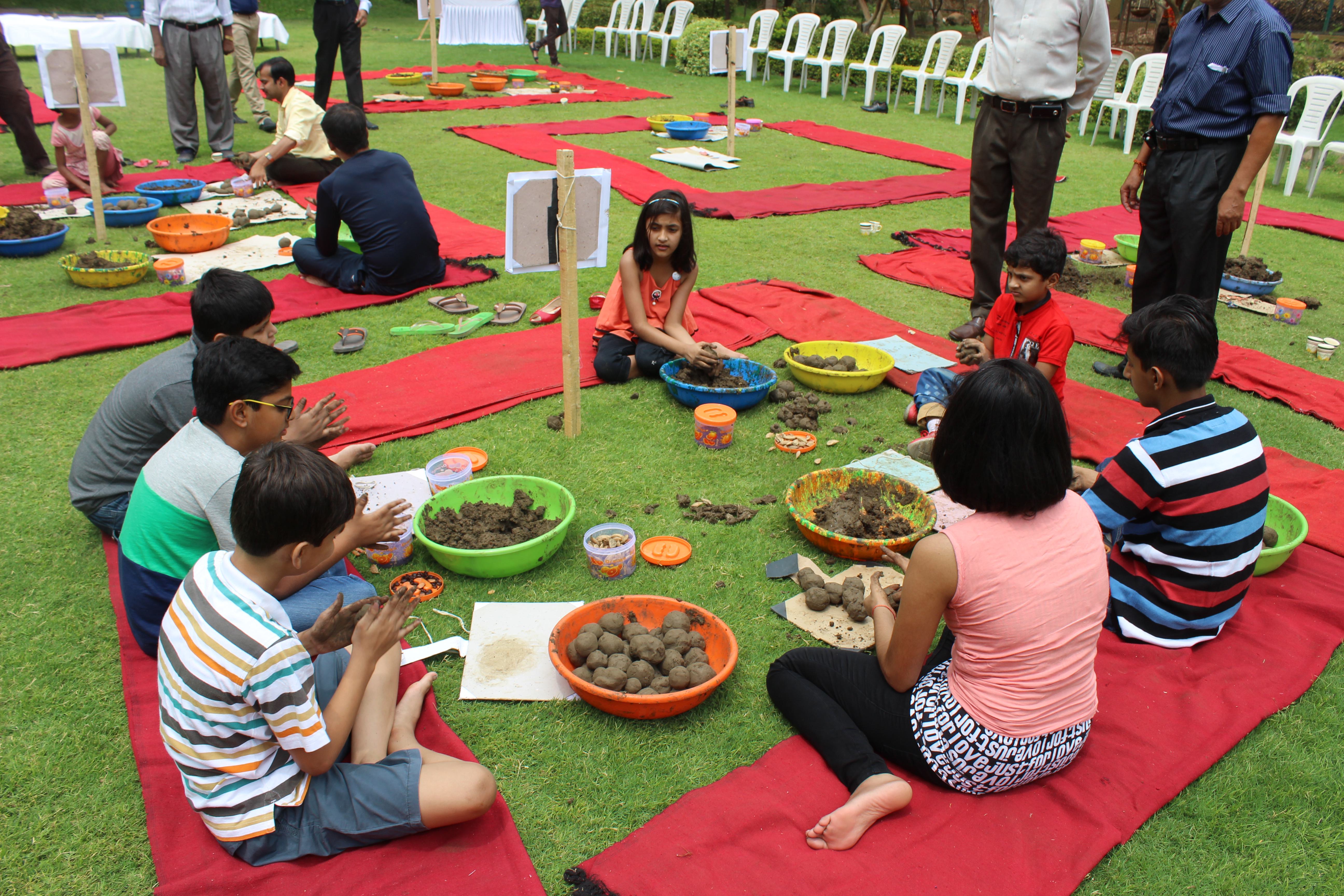
2. Balancing Between Activites and Relaxation
When you’re busy with school, work, and everyday life, it can be hard to find time for yourself to relax. It is important to be aware of how much time you dedicate to activities and how much you set aside to relax. With too much of one and not enough of the other, you can be left feeling exhausted, burnt-out, or overwhelmed. Here are some tips on how you can balance:
- Take Short Breaks – Aim to take regular breaks throughout the day to recharge and reset. Whether it’s a five-minute walk, sitting down with a hot drink, or listening to music, find something that helps you to pause and re-energise.
- Set Priorities – Know what activities are important to you and focus on those. If you can, delegate tasks that are not essential to allow yourself more time for self-care.
- Schedule Downtime – Allocate time on your calendar for relaxation and enjoyable activities and stick to it. Use this time to do something that helps you rest, restore, and re-energise.
- Be Mindful – Pay attention to how activities make you feel. Are the activities you are engaging in energising or draining? If it’s draining, consider finding ways to make it less stressful or if it’s possible to delegate, do that instead.
Balancing activities and relaxation is an important part of living a healthy lifestyle. Set yourself realistic limits and stick to them. Remember, just like working out is a form of self-care, so is taking a break. The goal is to maintain a healthy balance between the two, and find the rhythm that works best for you.

3. Topping Up Your Body’s Resources
Achieving optimum health involves fueling your body with the right nutrients through a balanced diet, regular exercise, and adequate rest. It’s also important to consider replenishing body’s resources to ensure they’re functioning at their best.
- Drink plenty of water: Your body needs plenty of water to stay healthy. Drinking plenty of water helps your body absorb vitamins and minerals, rids your body of waste, and lubricates your joints.
- Eat a nutritionally balanced diet:
A balanced diet provides carbohydrates, proteins, and fat in the right proportions, all of which provide your body with the necessary energy. Choose fruits, vegetables, lean meats, whole grains, and nuts. - Take supplements: Many people supplement their diet with vitamins, minerals, and herbs. Speak to your doctor or nutritionist to ensure you’re taking the right kind of supplements for your particular needs.
You should also incorporate physical activity into your daily routine. Exercise helps you stay fit and increases your well-being, and can also help to reduce the risk of some health conditions. Oftentimes, taking part in sport or yoga can be beneficial in terms of both physical and mental health.
4. Developing a Support System on Tour
Tour life involves days of travel and lots of stress. It’s essential for any touring artist to develop personal and professional support systems to cope with the strain of being away from our comfort zone for long periods of time. Here are some tips for developing a strong support system on tour:
- Stay connected with friends and family: Use video calls to keep in touch with those who matter to you - they will help you feel connected to home.
- Talk to fellow musicians: Fellow musicians who are on tour can offer great advice and emotional support. Create a network of musicians with whom you can share your stories.
- Take frequent breaks: Taking breaks is vital in recharging your mind and body. Make sure to make time for yourself and take short breaks to clear your head.
- Don’t forget your health: Make sure to eat nutritious food and stick to your workout routine even while on tour. Having a healthy body and mind is key to your success on tour.
In order to stay healthy and strong on tour, it’s important to invest in a well-rounded support system that can help you through stressful times. Establishing such a system before hitting the road is paramount and can make all the difference for an artist.
In Retrospect
Although touring can be an exciting experience with many rewards, it can also present mental and physical health challenges. Taking proactive steps to put your health first can help ensure you have a successful tour and avoid burnout. With the tips we’ve mentioned today, may you be well on your way to assisting your mind and body in their push to success!


